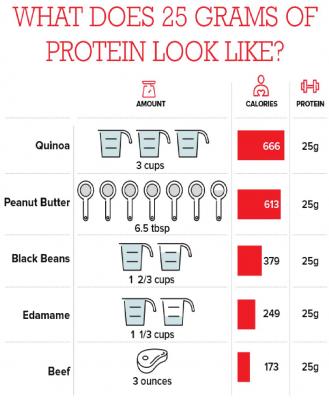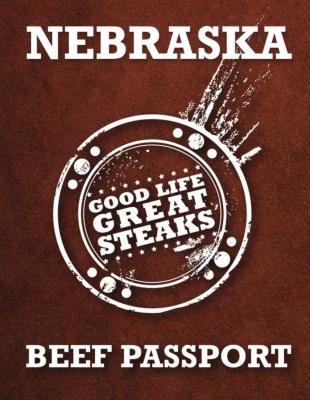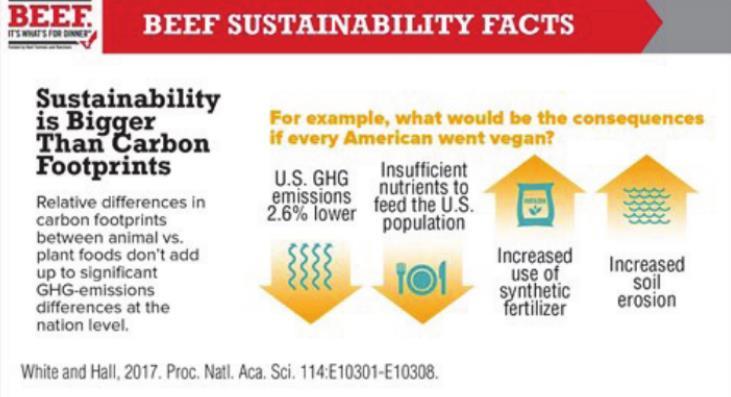The U.S. is the leader in sustainable beef production
Body
Research recently conducted by the USDA’s Agricultural Research Service and The Beef Checkoff, and published in the journal Agricultural Systems, found that data commonly used to depict beef cattle’s environmental impact in the U.S. is often overestimated. The study, which is the most comprehensive beef lifecycle assessment to-date, evaluated greenhouse gas emissions, feed consumption, water use and fossil fuel inputs. In all these areas, beef’s environmental impacts were found to be less than previously reported. Specifically, the report found:







